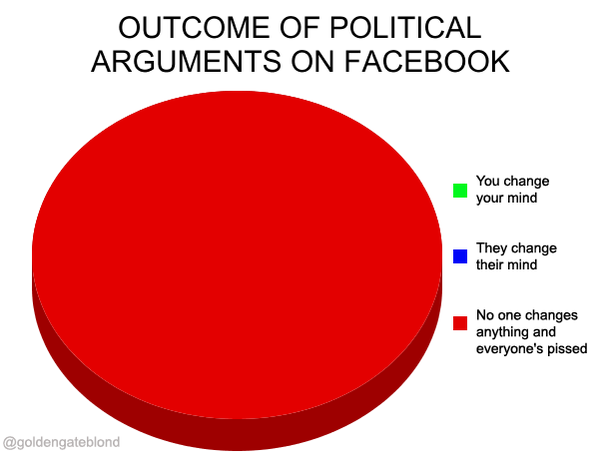Morality of the Execution

This is actually a really short play, so short that it only took me four beers to finish it. Mind you, these plays generally aren't available in English (which I didn't realise until I started reading this particular book). Anyway, Brecht himself says that the idea of the plays is that they are morality plays, and further more, he wrote them not to be performed by professional actors, but amateurs. Also, as should be noted, this was written during the time when he was basically a communist so there is a lot of communist language used (and one should also note that it was also written during the rise of the Nazi party, however at this time Hitler had yet to seize control of Germany, and the parliament was divided between two extremist groups – the communists and the National Socialists).
The play is about the revolution in China (though one should note that as of its writing, the Maoist revolution was still a long way off – that was to really hit full swing after World War II, though there was still the beginnings of the revolution sturing) and about how a group of revolutionaries executed somebody, and then tell a story to the chorus (who are obviously the judges) as to why the execution was necessary.
The interesting thing that continued to arise during the play is that the nature of the proletariat and the question as to whether the soldiers (and the police) are the friends or the enemies. One sometimes feels that in such a dictatorship the best job to have is in the security forces, but Brecht suggests otherwise. In fact the security forces are being oppressed just as much as the rest of the population – instead of fighting them one should attempt to sway them over to their side. However, it is hard not to view the security forces as being the enemy in that they tend to oppose your movement, as is the case in the play where the police officer is challenging the revolutionary and the worker over handing out leaflets (which the police officer believes is far, far more dangerous than any bomb or gun).
This leads me to the concept of the power of ideas. Sure, there is a suggestion that political arguments are not won or lost on Facebook (or even during a dinner party), however what many people seem to forget (usually those trying to shut down such an argument) is that you're not actually trying to win over the person that you are having the argument with (because in many cases it is nigh impossible to be able to win them over), but rather you are attempting to persuade those whom are listening as to the validity of your argument as opposed to the other side. The same is the case with Facebook because you're not trying to change your opponent's views, but persuade those who may be listening – it is true that arguments aren't ever won or lost, but it is the audience who are the targets – which is the key to many debating contests, and it is also why the audience are the ones who determine the winner in the debate.
As such this graphic actually isn't true:

Finally, I wish to touch on the idea of winning over the security forces. We saw this in Egypt, and also the case with other revolutions – they are never won or lost through the organisers but rather through bringing the military onside. Sure, there are instances where revolution descended into civil war (as was the case with Libya, and is also what is happening in Syria), but this is because the military has disintegrated and they have split off to their respective teams, or that the military was generally made up of a minority, and the majority who are revolting were able to arm themselves effectively. However, in the case of Egypt, the revolution would never have been won and Mubarack deposed were it not for the support of the military (and this was also the case with France, while in Russia the military had been so decimated by the World War that they weren't able to fight the communists, and by the time the West had managed to mobilise against them they had become pretty much entrenched – and also the communist troops were pretty fresh while the troops representing the White Russians had been exhausted through four years of war).
 2
2


